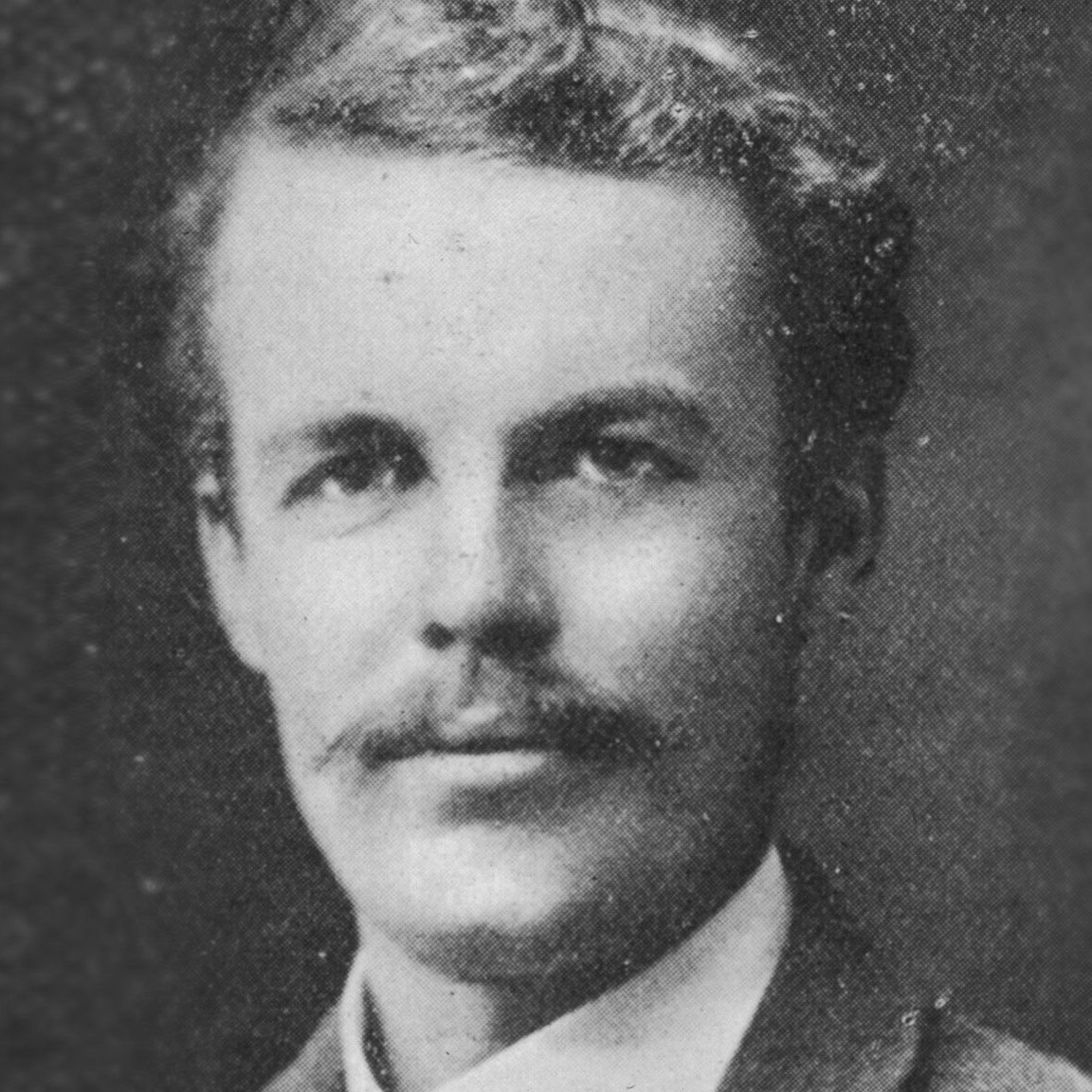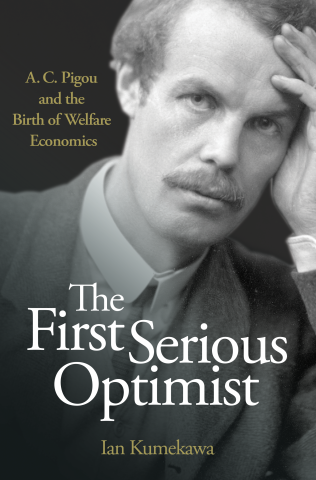An economist who pioneered the idea of welfare economics: Arthur Cecil Pigou
Pigou was one of the first economists to focus on the possible harmful effects of industrial production on people and the environment. Pigou aimed to improve the living conditions of people, especially the powerless in society. He argued that the social benefit would increase if a portion of the income of the rich was transferred to the poorer.

Arthur Cecil Pigou (1877 - 1959)
Pigou was the first economist to understand the potential negative effects of commodity production on the environment. He also has important contributions to the development of the welfare economy, which aims to improve people's living conditions. He was born in Ryde on the Isle of Wight. His father was a retired officer and his mother was the daughter of an Irish civil servant family. Due to his outstanding achievements at school, at the age of 20 he won a scholarship from the famous King's College in Cambridge. There he studied history and the moral sciences, including economics.

Pigou's interests were in poetry other than his lectures. He managed to win a literary prize with an od he wrote to King Alfred the Great. Pigou, who received his doctorate at the age of 24, was appointed as an associate professor at Cambridge University in the same year, thanks to his teacher and great ideal, Alfred Marshall. Marshall, who was the most important economist in England at the beginning of the 20th century, expressed his doubts about the "Laissez-faire" (Let They Do) economic theory prevailing in those years. According to this theory, the free market automatically provides an economic equilibrium and a maximal supply of goods. Marshall was of the opinion that all economic policies should aim at improving general welfare conditions. For this, he considered the intervention of the state necessary under certain conditions.
Pigou became Marshall's closest colleague. At the age of 30, he took over Marshall's chair in 1908 and expanded on his early work in welfare economics. "Economics of Welfare" Pigou republished his 1912 work, Wealth and Welfare, eight years later under the revised title Economics of Welfare. The focus of this work was on the living conditions of people and, according to Pigou, the income distribution, which had to be corrected when necessary. He defined well-being in two equations. According to the first, the welfare of the society is equal to the sum of the welfare of all its members. This is equal to the total amount of satisfaction individual individuals experience.
Pigou worked on the doctrine of utility based on the German economist Hermann Heinrich Gossen. He treated the benefit in terms of money. A benefit is the amount of money an economy individual is willing to pay to avoid the loss of utility. As a result, in order for a person to reach maximal goods satisfaction, he must divide his money into separate goods so that the limit benefit of the last goods he buys is equal. Pigou was one of the first economists to focus on the possible harmful effects of industrial production on people and the environment.
Despite today's debate on the principle that the polluter must bear the cost of removing it, and the imposition of a tax on harmful substances, Pigou suggested that people who harm the environment be encouraged to reduce these damages with subsidies (government support).
It cannot be said that he was very lucky in the political consultancy he made after 1918. Among other things, he was a member of the Chamberlain Committee, which made recommendations on monetary policy. Pigou, like his teacher Marshall, aimed to improve the living conditions of people, especially the powerless in society. He argued that the social benefit would increase if a portion of the income of the rich was transferred to the poorer.
Optimal benefit would be achieved if everyone had equal incomes. However, in the face of this situation, the incentives of individual individuals to work would have decreased. Pigou therefore demanded progressive taxation, that is, a tax that rises with rising income.
Pigou retired in 1943. Two years later, his latest work, Lapses From Full Employment, was released. He died in Cambridge on March 7, 1959, at the age of 81.
